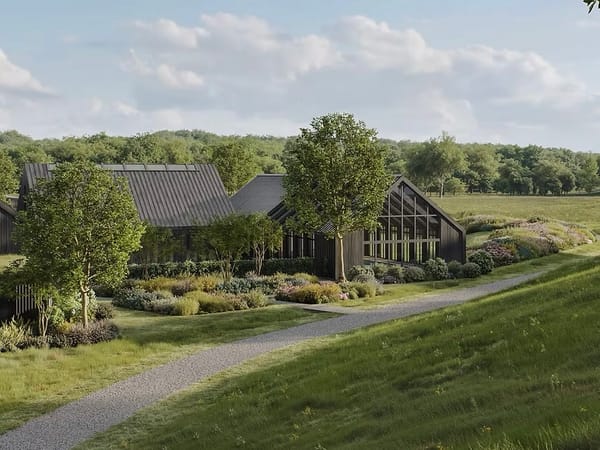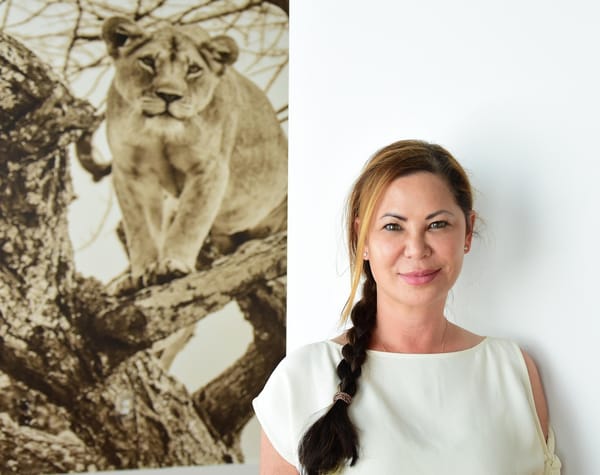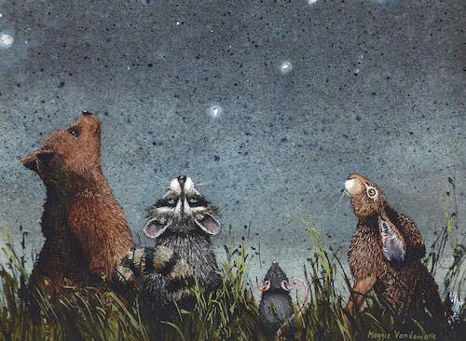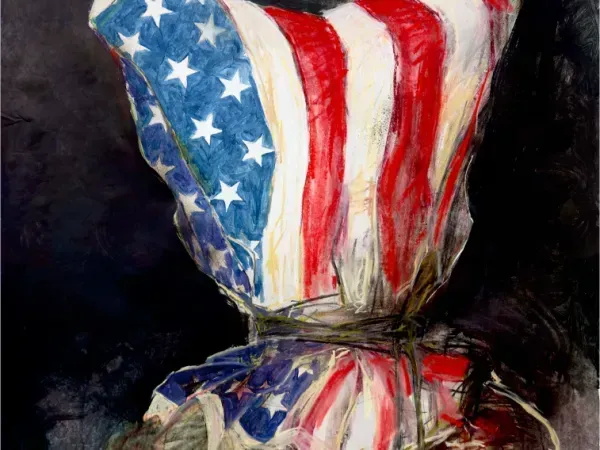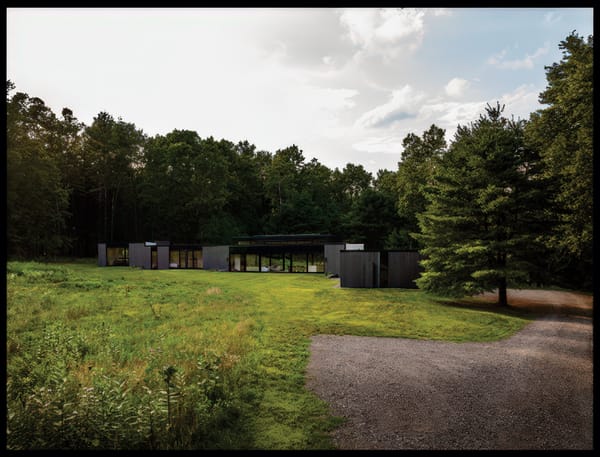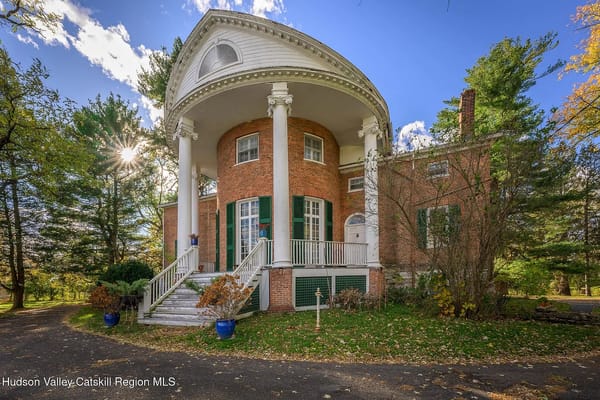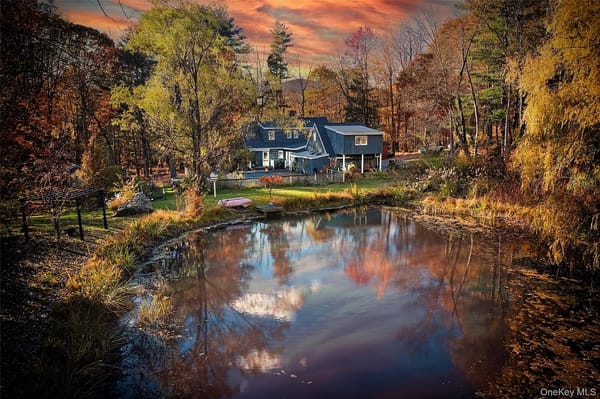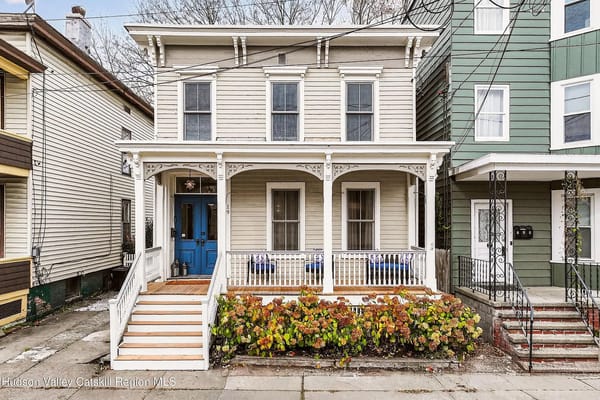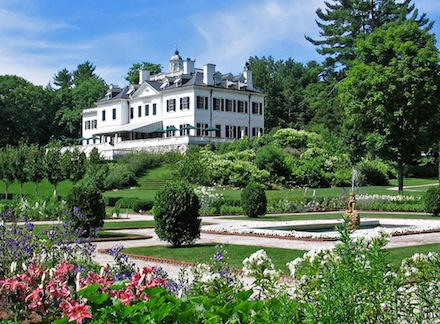
The right place can light a fire under the artistic imagination. Claude Monet dreamed up Impressionism in the forests of Fontainebleau; singer-songwriter Justin Vernon of the Grammy-Award-winning indie folk group Bon Iver hid out in a Wisconsin cabin while he wrote the band's debut album. And from September 14 - 16, Berkshire WordFest at The Mount invites writers and bookworms to find inspiration in the landscape where Edith Wharton penned Ethan Frome and The House of Mirth. The literary festival, now in its second year, takes place on the stately, sequestered grounds of Wharton’s former home in Lenox, MA. “We refer to it as a literary house party,” says festival director Christine Triantos, who served as a marketing and public relations consultant to The Mount before taking the helm of WordFest this year. She says the festival’s historical setting helps it stand out from the pack. “Instead of taking place on a busy urban street with thousands of people,” Triantos says, “we’re able to offer a contemplative weekend in a spectacular setting that was actually designed and occupied by one of America’s most revered writers.”
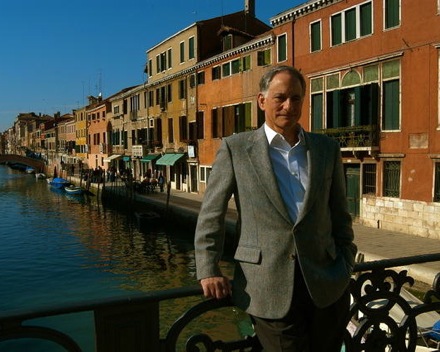
Author John Berendt speaks on 9/15
While Wharton serves as the festival’s fairy godmother, the focus of WordFest rests firmly on the leading authors of today. Among the 42 writers encamping to The Mount are John Berendt, author of Midnight in the Garden of Good and Evil; biographer Angeline Goreau, whose book Reconstructing Aphra: A Social Biography of Aphra Behn, 1640-1689, recounts the life of the first woman to become a professional writer; Great Barrington writer Alison Larkin, who penned the bestselling autobiographical novel The English American; and Suketu Mehta, whose nonfiction book Maximum City: Bombay Lost and Found was a finalist for the 2005 Pulitzer Prize. A pack of writers, advisers, and friends of The Mount—informally known as the “the literary SWAT team”—joined forces to create the program schedule. The team, which includes notable authors such as New Yorker writer Susan Orlean, Noreen Tomassi, executive director of The Center for Fiction, and literary critic Celia McGee, drew from the lessons of WordFest’s successful inaugural run in 2010 to shape a program that emphasizes dialogues between writers and readers. “What we really found worked best was giving writers and festival attendees a casual environment to enjoy each other’s company and words and writing and ideas,” says Kelsey Mullen, The Mount’s public programs coordinator. To make sure that all lovers of literature have access to the festival, the WordFest schedule offers two tracks: one paid and one free.
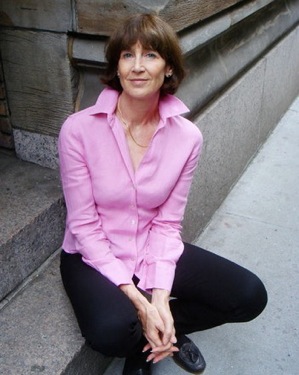
Roxana Robinson speaks on 9/15; photo by Joyce Ravid
The paid programming includes “In Conversation” events featuring casual one-on-one conversations between notable interviewers and writers. On Saturday, Kate Bolick, whose Atlantic cover story “All the Single Ladies” made a major splash this year, will interview New Yorker scribe Adam Gopnik. The paid events also include four panels organized around themes integral to Wharton’s writing. An array of lettered luminaries, including Litchfield writer Dani Shapiro and The Emperor’s Children author Claire Messud, will gather to talk about the literary lure of self-destruction, the power of place, insiders writing about their own cultures, and the draw of monsters, both real and imaginary. Novelist Roxana Robinson, who also served on the literary SWAT team, is among the writers on a panel entitled “Insider to Informant: Conveying Culture through Literature.” Like Wharton, Robinson’s work often spotlights the Northeastern society in which she was raised. “Any good writer writes about the world they know the best and brings it to life with a lot of energy,” Robinson says. “The best writing should have affection as well as a clear eye.” The free track, sponsored by the Amy Clampitt Fund, offers poetry and prose readings by local writers like Michelle Gillett and James Arthur on the checker-tiled terrace overlooking Wharton’s gardens. “This region is so rich with talent that our biggest challenge was trying to select writers from among so many who are unbelievably well-qualified,” says Triantos. Thanks to the Clampitt Fund, a larger reading by poet Mary Jo Salter at the main stage is also on the house.
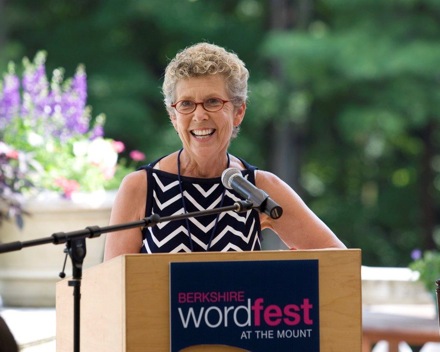
Berkshires poet Michelle Gillett will read on 9/15
Another free event is Saturday night’s WordFest After Hours, which features live music on the terrace. Booklovers will have the chance to hobnob with authors over glasses of champagne and light refreshments for purchase. “You can just walk up to Kate Bolick and start a conversation if you’re interested,” says Mullen. That informal intimacy is essential to Triantos’s vision for WordFest. “In a world that often communicates with tweets and other short bursts,” she says, “it’s an important connection to maintain—to have significant and substantive face-to-face conversations. There’s a Q&A session attached to each event, and we encourage writers to spend most of the weekend at The Mount.”
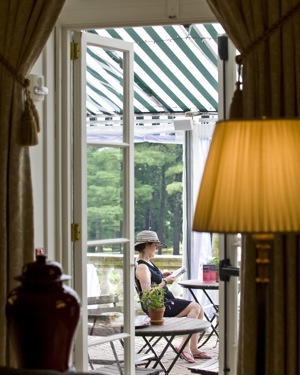
The Mount's terrace
Triantos predicts that those face-to-face conversations will extend beyond writing to include hot topics like politics (always popular in an election year) and Annie Leibovitz’s recent photo shoot at The Mount for Vogue, inspired by the 150th anniversary of Wharton’s birth this year. The magazine spread features big-name writers like Junot Diaz and Jeffrey Eugenides dressed in period clothes, portraying the personae of intellectuals in Wharton’s cultured circles. But as WordFest proves, there’s no reason to feel nostalgic about the Mount’s literary vitality—its reputation as a wordsmith’s hotspot is alive and kicking. - Sarah Todd
Berkshire WordFest at The MountFriday September 14 - Sunday September 16 2 Plunkett Street Lenox, MA Event tickets and festival passes: call 413-551-5100 or click hereSelected events are free and open to the public; to view click here

